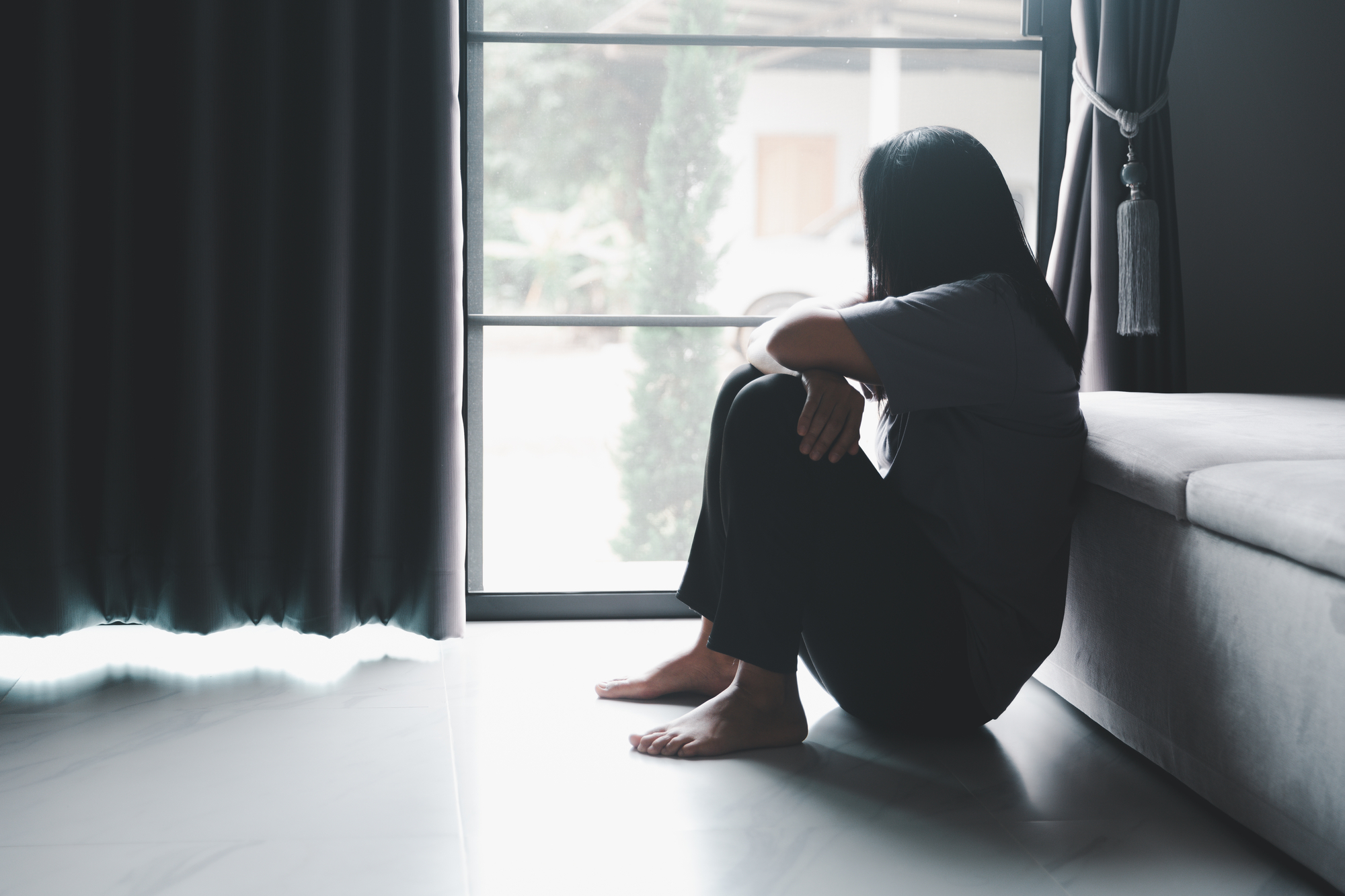
AbouT
Life might be signaling you need to make a change.
You might be experiencing restless nights, an anxious mind, lack of joy, or a desire for better relationships.
It’s clear something is off, but it can feel like a puzzle with no clear solution.

If you’re feeling lost, you’re not alone. This is a common starting point for people when they start therapy.

In therapy, you have a chance to sit down with someone who’s trained to guide you toward the changes you want to make.
However, therapy has a huge hurdle to overcome. It requires opening up to a relative stranger about your deepest, most hidden parts.
It goes without saying, starting therapy can be a daunting prospect.
I understand because I’ve walked in your shoes.
I was starting my psychiatric residency training at the Menninger Clinic, an institute deeply rooted in psychoanalytic tradition. At this point in my life, I struggled with my sexual identity. Despite knowing that I was gay, I chose to remain closeted, only sharing my true identity with a small circle of trusted friends and of course, my boyfriend. Unfortunately, my boyfriend’s father was not supportive; in fact, he’d threatened to kill us months earlier. So we were living in fear and isolation, needing help.
The Menninger Clinic seemed like the perfect place to get help, but there was a major barrier in my way. The psychoanalytic community had not yet fully accepted homosexuality as a healthy expression of human sexuality. Some believed it was a profound disturbance that couldn’t be analyzed successfully, and they opposed training gay psychoanalysts. This reality contributed to a fear I had of being expelled from training if my secret was revealed.
Despite my internal conflict and fear, I knew needed help, so I decided to seek psychotherapy, albeit with a plan to keep my sexuality hidden.

I scheduled an intake appointment and was finally taking steps to get help. I started to feel better for a moment, but then my anxiety skyrocketed when I was informed that I would be meeting with a psychoanalyst who’d been randomly assigned to meet with me.
On the day of my first session, I sat down with a stranger. I needed help but was determined to keep my sexuality hidden. However, something shifted during the first few intake sessions. I felt more comfortable talking to this stranger, who didn’t seem strange any longer. But when she asked if I wanted to start psychoanalytic treatment, I blurted out, “I can’t possibly do psychoanalysis. Because…because…I’m…gay.”
My heart was pounding so loudly that I could barely hear whatever she would say next.
She tilted her head. Then, with a furrowed brow, she asked, “And why would that keep you from doing an analysis?”
I tried to explain the obvious. “Well, I can’t have psychoanalysis if I’m gay. I can’t change these feelings. And maybe I don’t want to. It’s…it’s who I am.”
I had just outed myself to someone who I was convinced would be critical of me. And I was terrified that I’d just revealed information that would force her to have me expelled from the program.
She listened as I revealed my most guarded secret.
Then she leaned forward. Her words were slow and deliberate, almost a whisper, but her next comment shook me to the core.
“Psychoanalysis is not meant to make you wear a suit of clothes that does not fit you.”
She didn’t judge me and the world hadn’t come crashing down.

At this moment, it was as if she had just introduced me to myself for the first time.
And now, I was truly in the room with another person.
It goes without saying, I started psychoanalytic treatment. And we met four times per week over the next three years.
With her help, I gradually came out, both professionally and socially.
Along the way, I encountered compassionate mentors, teachers, and supervisors who played essential roles in my life.
After I came out, I found incredible support from supervisors, senior analysts, and administrators of the clinic. With their help, we created a study group focused on human sexuality. We also created a group for biofeedback, relaxation, and meditation programs to help people affected by AIDS during the worst years of the epidemic.
Starting with my time at the Menninger Clinic and over decades of clinic work, I’ve witnessed the transformative power of therapy.
I’ve seen human beings rise above the most extreme challenges. And I’ve had firsthand experience with the healing effects of therapy.
Before starting treatment, I was frightened and hiding. But because of therapy, my life was transformed.
My healing occurred in large part because I had someone who was trained to walk with me through my darkest moments.
So if you’re feeling isolated, alone, and afraid, remember that there is hope and help available.
Ever since those early days in my training, I’ve tried to “pay it forward.”
My deepest passion is to share the gift of therapy with you because now is your time.

Contact Me
If you or a family member experience a medical or psychiatric emergency, call 911 or proceed immediately to the closest emergency room. Do not attempt to access emergency care through this website.
563 Castro Street, San Francisco, CA 94114
(415) 529-2928
